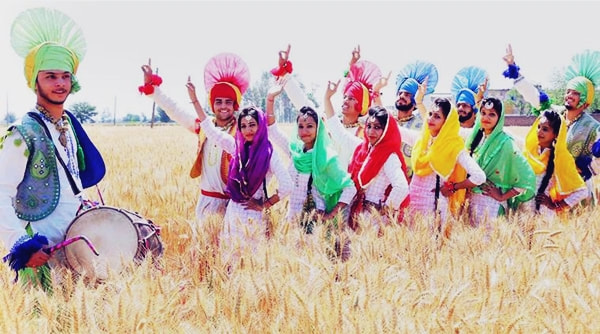 Baisakhi – Festival of harvest When Celebrated – It is celebrated on first day of Vaisakh, second month of Hindu calendar (on 13 or 14 April), also known as Mesha Sankranti. Why Celebrated - Significance
How & Where Celebrated
0 Comments
When Celebrated –
It is celebrated on the first day of the Chaitra month of Hindu calendar and mark the beginning of the New Year. (March or April) Why Celebrated - Significance
How & Where Celebrated
References: https://en.wikipedia.org/wiki/Gudi_Padwa When Celebrated
Ram Navami is celebrated on the ninth day of the Chaitra (March–April) of Hindu month. This coincides with Vasantha Navratri. Why Celebrated - Significance
How & Where Celebrated
Celebrated since when Shree Rama is stated to have lived in the Treta yuga that their authors estimate existed before about 5,000 BCE. References:
|
Archives
March 2022
Categories |
 RSS Feed
RSS Feed